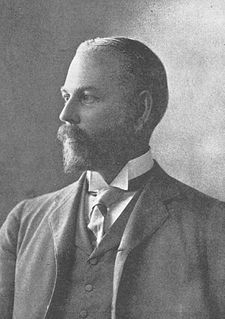A Quote by Tom T. Hall
I think the nature of songwriters is that they are philosophers, and philosophers have a bent towards poetry and songwriting, so I think that the two run around together. The nature of a songwriter could be philosophical. Looking for universal ideas, a way to say things, get the story across as a means of entertaining, provoking thought.
Related Quotes
I think one reason is that philosophers are more insecure to speak accessibly because non-philosophers are skeptical that philosophers have any special expertise. After all, all people - not just philosophers - have attitudes and points of view on various philosophical questions, and they rather resent being told that there are professionals who can think about these things better.
I think that actually the rhythmic nature of picture books and of young reader story books is a way to help kids fall in love with language and what you can do with it and how it sounds in your range. It sort of has a musicality but on the other hand they get the story and the ideas and the context of it. I think it's a way to get kids into it and I also think that when kids are around people who love books it rubs off on them.
Of the first philosophers, then, most thought the principles which were of the nature of matter were the only principles of all things. That of which all things that are consist, the first from which they come to be, the last into which they are resolved....this they say is the element and this is the principle of things.... yet they do not all agree as to the number and the nature of these principle is water.
The experimentalists think that we can only get at our concepts by way of empirical investigation, while the armchair philosophers think that we can skip the experiments and figure things out from our armchairs. What they have in common, however, is regarding our concepts as the targets of philosophical theorising, and I just don't think that, in the vast majority of cases, the subject matter of philosophy has our concepts as its target.
Plotinus is usually called the Founder of Neo Platonism and what that means is that in this philosophical circle, he was founding a kind of renewed attempt to understand the thought of Plato which however they were combining with the thought of other philosophers, including Aristotle, the Stoics and Pythagoreans and so on.
Most people believe they know how they themselves think, how others think too, and even how institutions evolve. But they are wrong. Their understanding is based on folk psychology, the grasp of human nature by common sense ¾ defined (by Einstein) as everything learned to the age of 18 ¾ shot through with misconceptions, and only slightly advanced over ideas employed by the Greek philosophers
It is a mistake to suppose, with some philosophers of aesthetics, that art and poetry aim to deal with the general and the abstract. This misconception has been foisted upon us by mediaeval logic. Art and poetry deal with the concrete of nature, not with separate 'particulars,' for such rows do not exist.



































